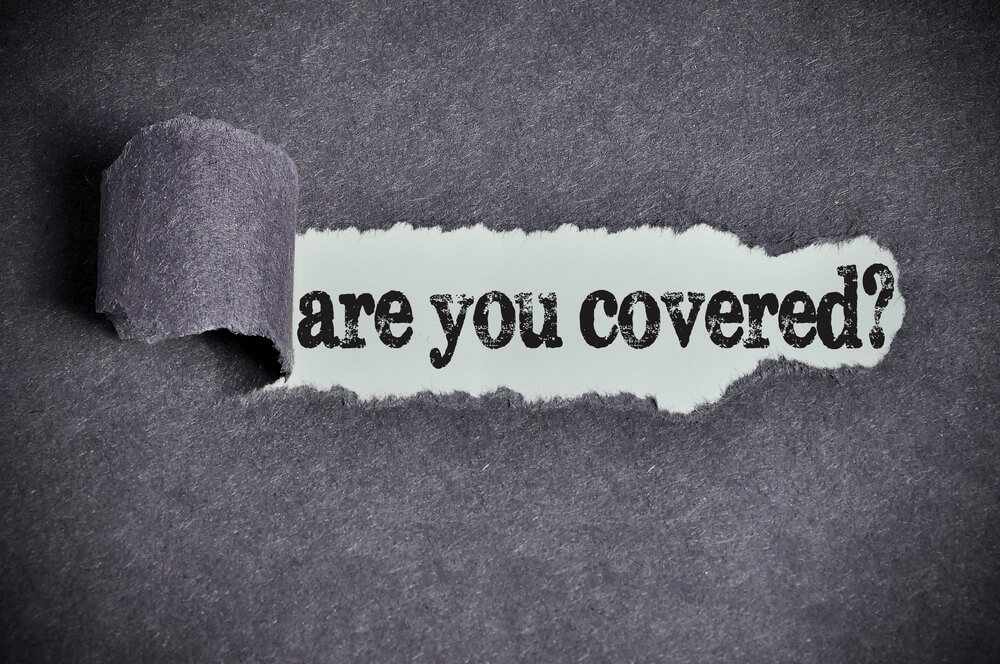


You're said to be underinsured when your policy doesn't provide sufficient coverage when calamity strikes. Whether it's an insured person getting involved in an accident, or experiencing a serious health condition, or a home destroyed by any form of natural calamity, having adequate insurance coverage can make all the difference in your financial position.
Underinsurance can lead to a severe financial crisis, depending on the insured asset and the extent of the coverage deficit. A policy with gaps and exclusions can leave you with limited coverage when you need it the most. With such a policy, the loss resulting from a claim can easily outstrip any marginal savings you might have made in premiums.
Because of the increasing cost of construction as well as the growing severity of weather-related damage, the cost of insuring homes has gone up by almost 60% in the last decade. Civil unrest has also been seen to impact the number of claims and, consequently, lead to an increase in premiums. However, underinsuring your home as a response to increased premiums can potentially lead to a huge financial loss, depending on the deficit in your insurance coverage. For instance, say you insure your residence against all risks with a $200,000 policy that comes with a $20,000 deductible. The house is then destroyed by a fire, and the cost of rebuilding the home comes to $300,000. In such a case, you will have to make up for the $100,000 difference yourself, in addition to paying the $20,000 deductible out-of-pocket.
A person is said to be underinsured if they spend from 5% to 10% of their annual earnings on out-of-pocket healthcare expenses or if their health policy's deductible is over 5% of their annual wages. A 2020 study by Commonwealth Fund revealed that a quarter of American workers with employer-backed health plans were underinsured. Selecting an ideal health insurance policy often entails finding a balance between lower premiums (which usually mean higher copays and deductibles) and broader coverage. This applies whether you're choosing from employer-backed plans or selecting an individual plan through your state healthcare exchange. As an employer, if you ensure that your team has adequate health insurance coverage, you not only show your concern for their well-being but also make it easier for them and their families to access better healthcare options. As a result, stress decreases, and productivity and workplace satisfaction increase.
In the event of a disaster, underinsurance can potentially lead to dire financial consequences, even when the disaster is a named peril. If you have any questions about your coverage and whether it is adequate to meet your specific needs, contact the team at Tompkins Insurance Agencies. We look forward to helping you find a solution that’s right for you.